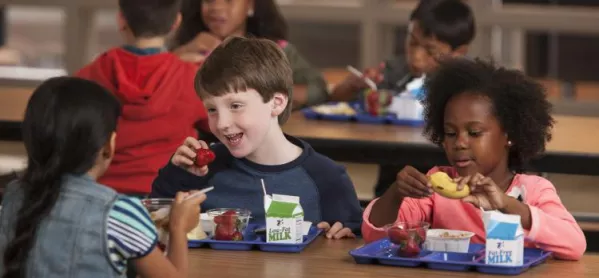One of the authors of a study on free school meals for all primary pupils - which was cited by Labour when they announced their policy last month - has said the impact on outcomes is “uncertain”.
Labour leader Jeremy Corbyn has promised free meals for all primary school children, saying it would “benefit the educational attainment and health of all children”.
The party cited research by the Institute for Fiscal Studies (IFS) - which found universal free lunches boosted attainment by the equivalent of two months’ progress over two years - to show the positive impact it could have.
But Lorraine Dearden, a researcher at the IFS and co-author of the 2012 report used by Labour, has said the effect of rolling the programme out nationwide is “uncertain” and the benefits might be “smaller”.
According to an IFS report published today, the 2012 pilot study - in which free school meals were given to all pupils in Newham and Durham - may not reflect the average local authority in England,
Ms Dearden, and fellow researcher Christine Farquharson, say: “Both Newham and Durham are relatively disadvantaged. If pupils in better-off areas are more likely to pay for school meals or to have healthier packed lunches, the gains from making school lunches free to all students are likely to be smaller.”
The report suggests that free breakfast clubs might be a “cheaper and more effective way” to improve outcomes than extending free school meals to all primary pupils - which it predicts would cost £950 million a year.
The researchers said: “[The scheme] would not directly benefit the poorest children, who are already entitled to free lunches. While there is some evidence it might raise attainment overall, we don’t understand how or why, and so the effect of extending this nationwide is uncertain.
“In the context of constrained public resources it is important to be much clearer about effectiveness before spending a large amount of money on a new universal entitlement.”
Want to keep up with the latest education news and opinion? Follow Tes on Twitter and like Tes on Facebook




